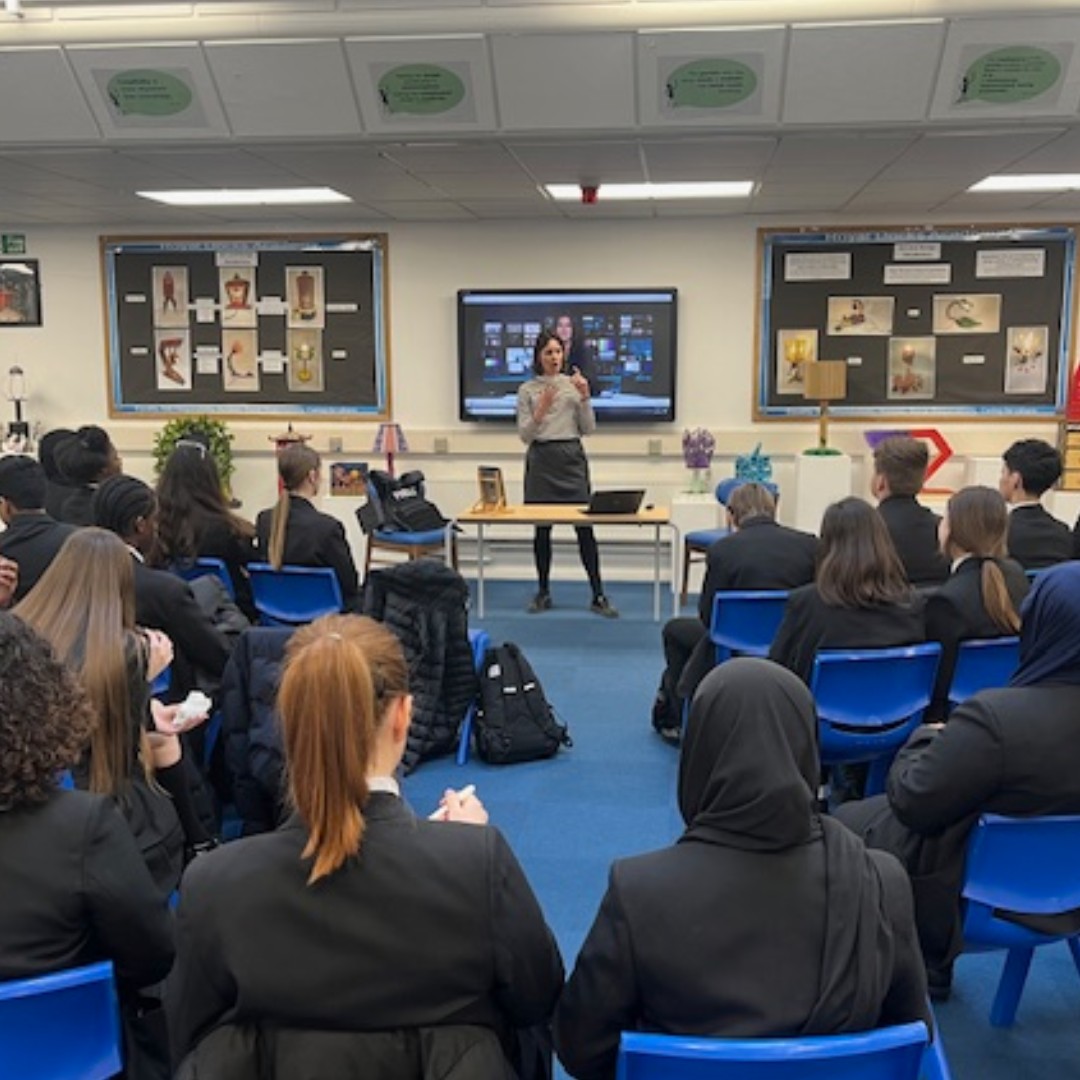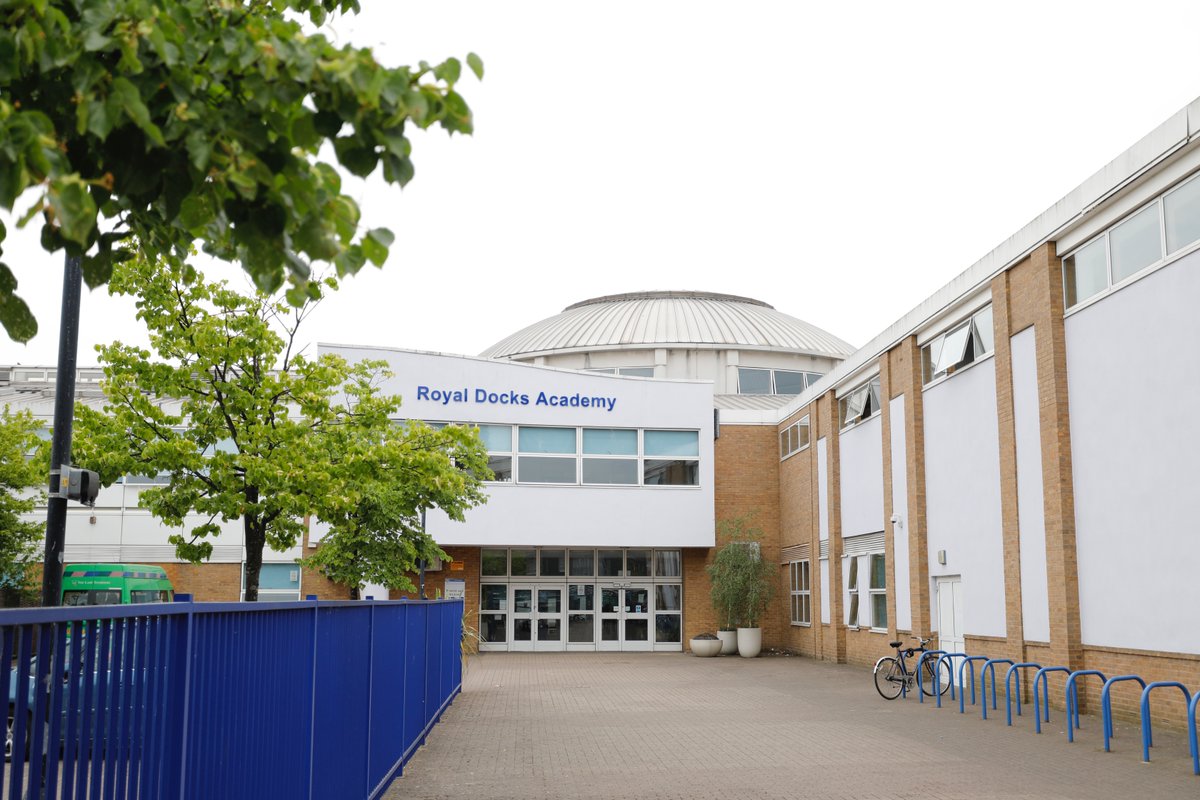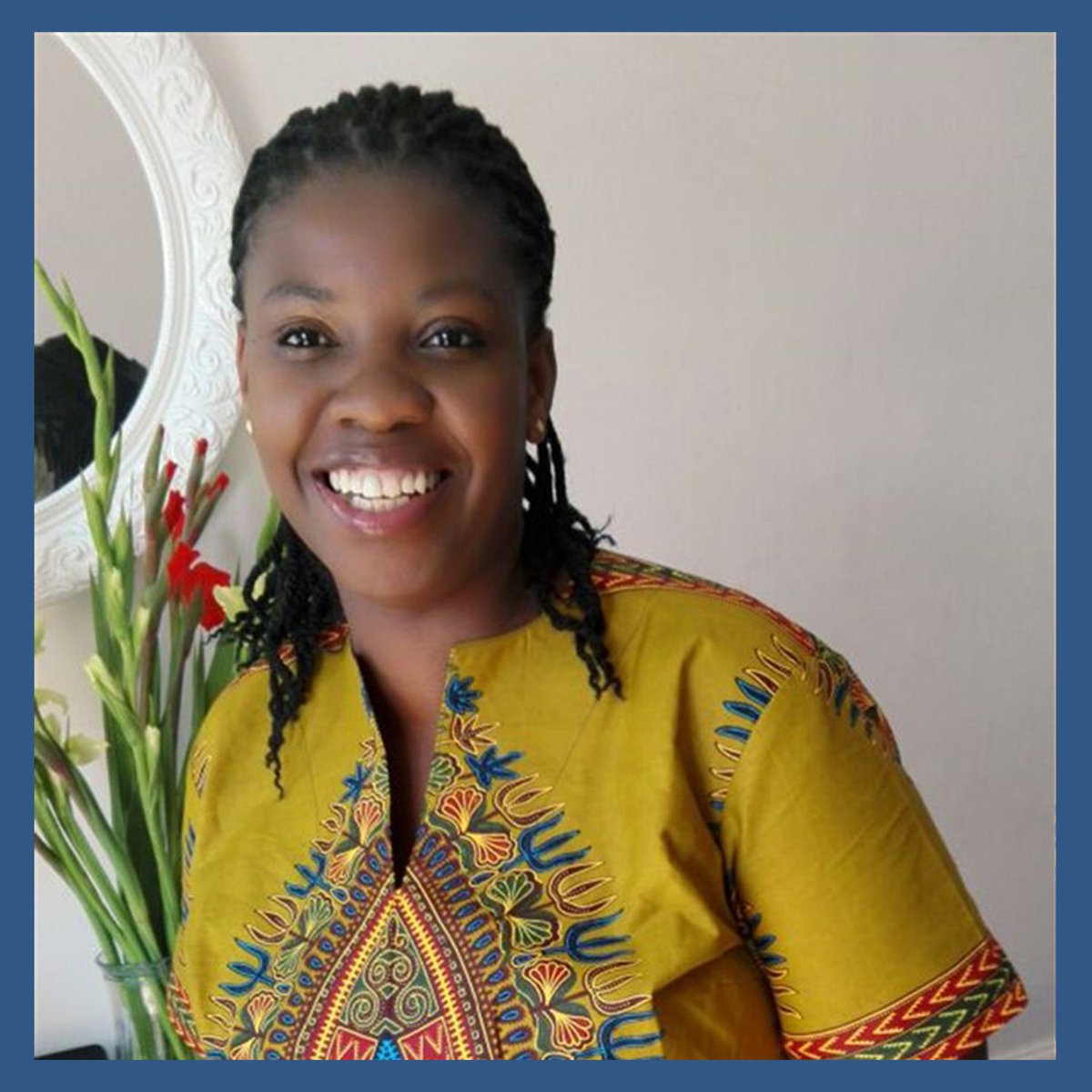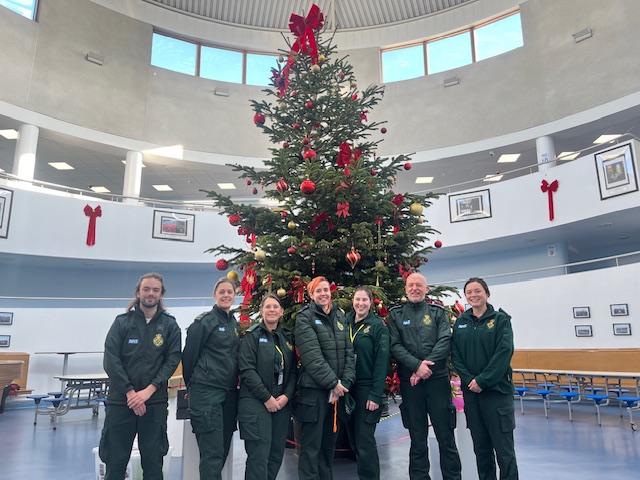Humanities
Geography, history, religious education (RE)
Geography is the study of the earth.
Geography is the study of earth. The study of its natural process and how humanity lives on earth and impacts the earth. The word geography comes from two Greek words, Geo comes from Gaea, meaning earth and ‘ography’ comes from graphein meaning to write about something, therefore geography means “to write about the earth”. geography is broken down into two main areas of study; the natural world and the human world. In studying the natural world geographers study the physical environment and ecological systems. When studying the human world, geographers study human movement, trade and society and importantly the impacts that humanity has upon the natural environment. Geography is a Humanities subject, however it is also a science and incorporates elements of both as a result. As a discipline, geography has practical and transferable skills; Research and data analysis, mathematical skills, planning and problem solving. Geography degrees lead directly to numerous professions including; cartography, teaching, surveying, town planning, conservation, tourism and also indirectly to international aid and development, Landscape architecture, sustainability consultancy. We all live our lives geographically, geography allows us to understand that.
History is the study of the past.
History is the study of the past. Specifically the study of human past based upon written records. The word history comes from the Greek word historia, meaning; inquiry: knowledge acquired through investigation. The Historian studies the past and through this study understands both the past and the present. History, as a discipline, can be broken down into innumerable sub-genres, specific histories based upon period, location, society and culture and far more. Moreover, history feeds into and takes from related disciplines of archaeology, politics, sociology, all of which find their origins in the study of history. As an academic discipline history involves research, analysis, interpretation and communication. History can lead to numerous professions, directly; in education, archaeology, heritage, conservation, archivist and museum professions. However history also has so many transferable skills; it enables its graduates to; evaluate evidence, assess interpretations, analyse change and continuities and to eloquently express this research. Therefore graduates with history degrees use these skills to go into journalism, marketing, the civil service, policy research and the legal profession amongst many other paths. History cannot be easily defined, equally the importance of history cannot be overstated.
RE is the study or religious and non-religious belief and practices.
RE is the study or religious and non-religious belief and practices, within this RE is also the study of philosophy, sociology, cultural studies and languages. RE is often called many different things Religious education, Religious Studies, Theology, Divinity, and Religious Philosophy. By studying Religious Education pupils develop research and analysis skills, extended writing, interpretation and communication. Directly RE can lead to a range of professions, including chaplain, teacher, and lecturer and more widely in charity, youth work and counselling.






















